More and more people are participating in Sober October, Dry January, and other alcohol-free months throughout the year. Saying no thanks to adult beverages–whether it’s for a night, thirty days, or indefinitely–is increasingly common. Many who formerly indulged have discovered that embracing a sober lifestyle offers them numerous benefits.
Are you considering taking a break from alcohol?
Maybe you’ve asked yourself one or more of these questions:
- Can eliminating alcohol help lessen my anxiety?
- Is sobriety the answer to my struggle to moderate my drinking?
- Won’t going dry make my life boring?
- Do I need to quit if I don’t think I’m addicted to alcohol?
- What if I can’t stay sober for a full month?
Let’s take a closer look at each question.
This article is sponsored by Lisa Bennett, Author
Can eliminating alcohol help lessen my anxiety?
Many people turn to alcohol to relax and unwind at the end of a long day. We might also use drinking to deal with stressful situations and social anxiety. While alcohol may produce the desired results in the short term, it can have negative effects as the body detoxifies.
Through sobriety, many women learn that alcohol was making their anxiety worse rather than better. Adopting a sober lifestyle opens the door to developing new ways to reduce stress. Meditation and breath work are just two practices that can have positive long-term effects.
Author Lisa May Bennett shares, “I used to have high levels of anxiety and self-doubt. Through sobriety, I developed self-confidence and a new perspective on life that improved my response to stress.”
You Might Also Be Interested In

Is sobriety the answer to my struggle to moderate my drinking?
Countless women report that moderating their alcohol consumption has become unmanageable. After the first drink, each subsequent serving makes it more difficult to stop. Some of us wage this battle for years, setting rules about how much or when to drink, only to break them time and time again.
Some women, after a period of sobriety, go on to explore mindful drinking, while others decide that moderation is an unrealistic goal.
Bennett states: “I finally had to accept that the only way to keep myself from over-consuming was to remove alcohol from my life entirely. Once it was gone, my brain was free from all the negotiating, the obsessing, and the shame that was tied to my failure to moderate.”
Won’t going dry make my life boring?
One of the more common fears of going alcohol free is that the fun is over. But many women say that life became more interesting and fulfilling in sobriety. Putting down the booze (or wine or beer) frees up time and energy to try new activities and pursue long-neglected passions.
Alcohol-free living has come out of the shadows for those who are interested. There are podcasts, “quit lit” books, and online challenges. Sober social groups (in addition to more formal programs like Alcoholics Anonymous) are popping up for those who want to go hiking, to concerts, or just grab coffee and chat with like-minded people.
Not everyone in your life gets it right away, and some friends or family might encourage you to “just have one.” But as the sober curious movement grows, this will become less prevalent.
And for those who still want to drink something special now and then, the zero-proof beverage market is exploding. More restaurants and public events are offering mocktail menus and other options that satisfy the need for sophisticated alcohol-free drinks.
Do I need to quit if I don’t think I’m addicted to alcohol?
Only you can answer this question for yourself. If you’re wondering if you should take a break, though, that might be a sign that it’s worth a try. Self-identifying as an alcoholic is not a requirement for rethinking your drinking.
We used to think that you had to hit a typical “rock bottom” before even thinking about abstaining from alcohol. But many people no longer wait for danger signs to emerge. And recent studies show that even moderate alcohol consumption can increase health risks.
“I didn’t think I was addicted to alcohol,” says Bennett. “And yet sobriety changed my life. I’ve finally made my dream of becoming a published author come true. That would not have happened while I was drinking.”
What if I can’t stay sober for a full month?
Some women report that while they didn’t experience any physical withdrawal symptoms during a dry month, the mental break-up was challenging. For many of us, alcohol consumption is tightly woven into our lives. And you don’t have to drink every day to develop a mental or emotional attachment to it.
If you find yourself giving into cravings or social pressure, you are not alone. Don’t let your inner critic get you down but do try to learn from the experience. What situations did you find the most difficult, and how can you plan for them in the future? Do you need to seek out additional resources or support?
Remember: It’s never too early or too late to try again. And every personal hurdle you clear makes you stronger and more prepared for the next one.
“It took me years to finally quit alcohol for good,” says Bennett. “I wish I had done it sooner, but I’m so glad I didn’t wait any longer. I’ve even discovered, seven years into sobriety, that having a personal support network is vital to my growth and success.”
Bennett shares her journey in her memoir My Unfurling: Emerging from the Grip of Anxiety, Self-Doubt, and Drinking. In addition to her story, Bennett’s book includes an extensive list of resources that worked for her.

Lisa May Bennett
In My Unfurling: Emerging from the Grip of Anxiety, Self-Doubt, and Drinking, Lisa May Bennett explores the childhood experiences that paved the way for her decades-long drinking habit. In an engaging and relatable voice, Lisa shares how sobriety helped her cultivate self-esteem and inner peace.


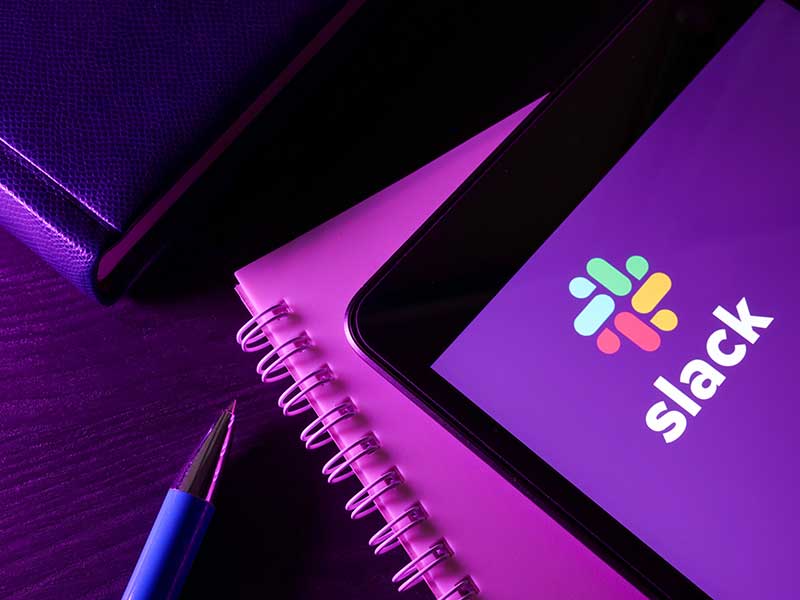






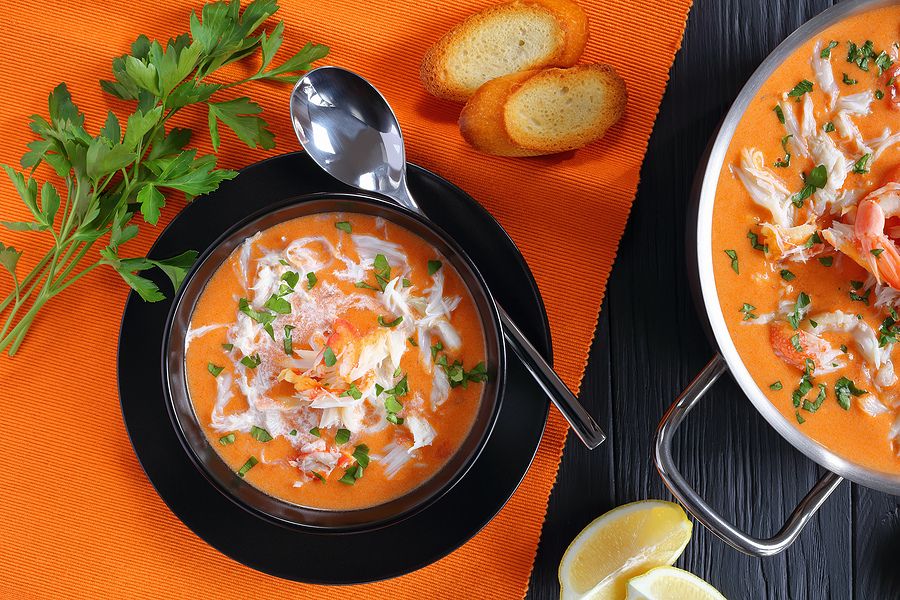







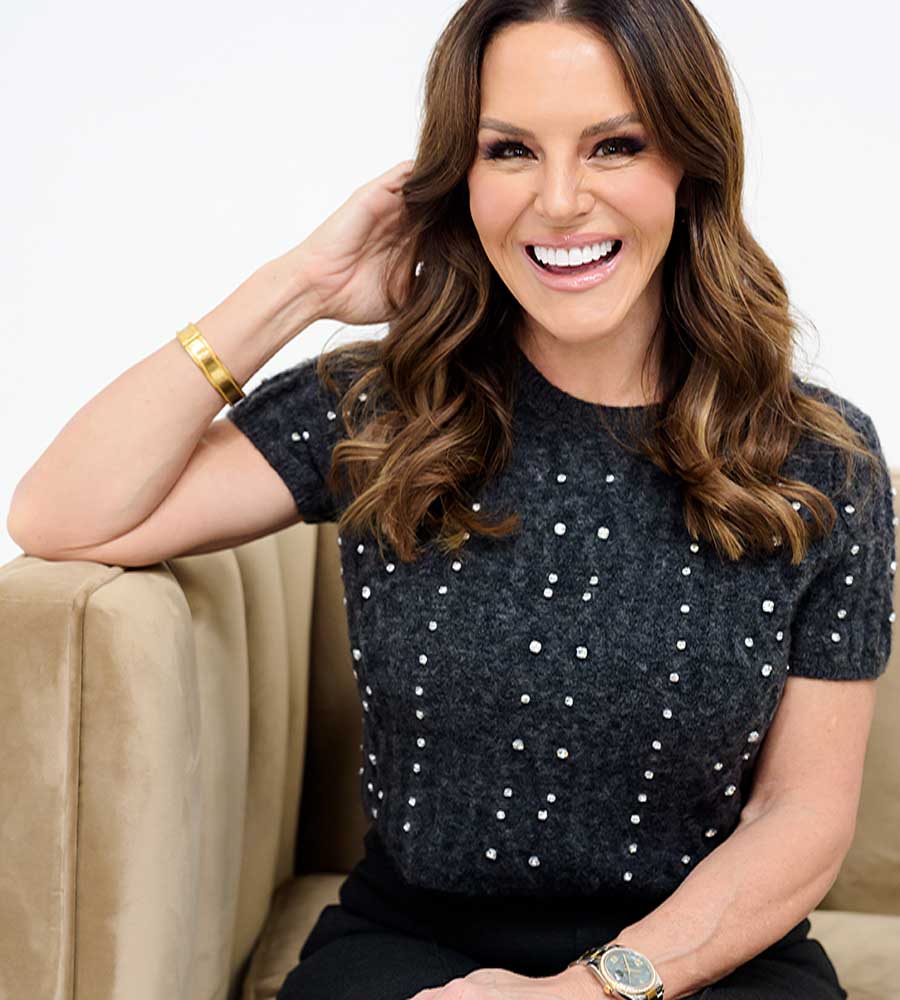
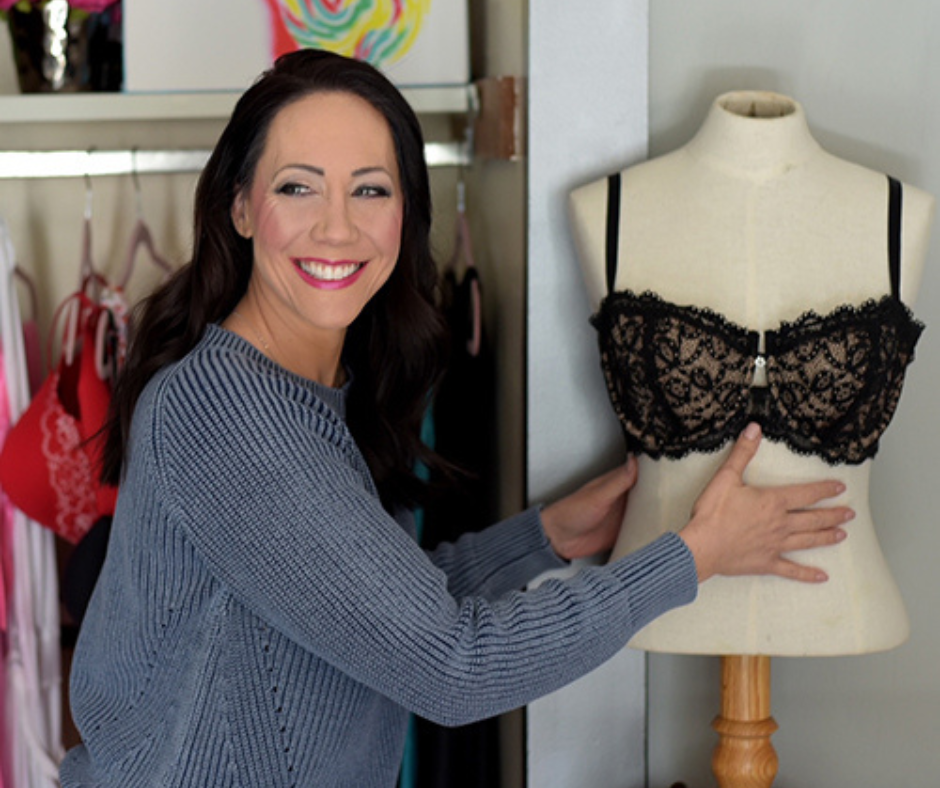

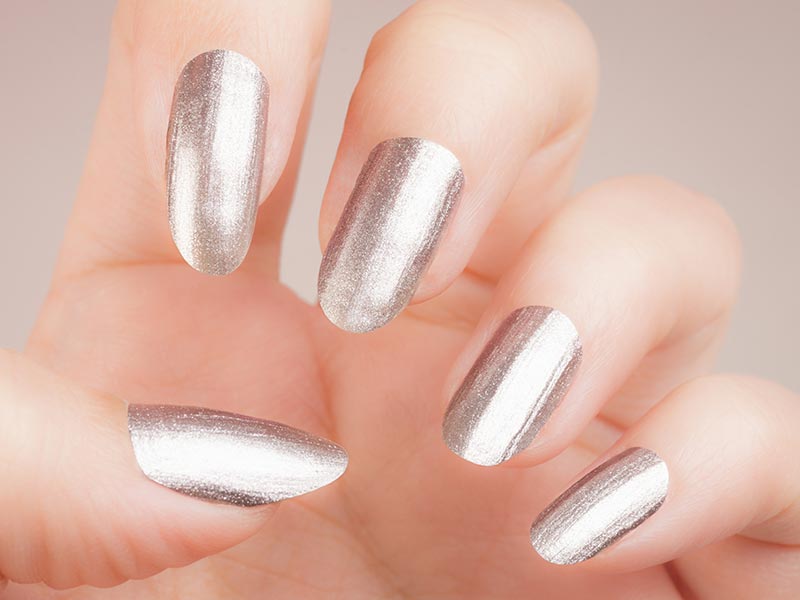

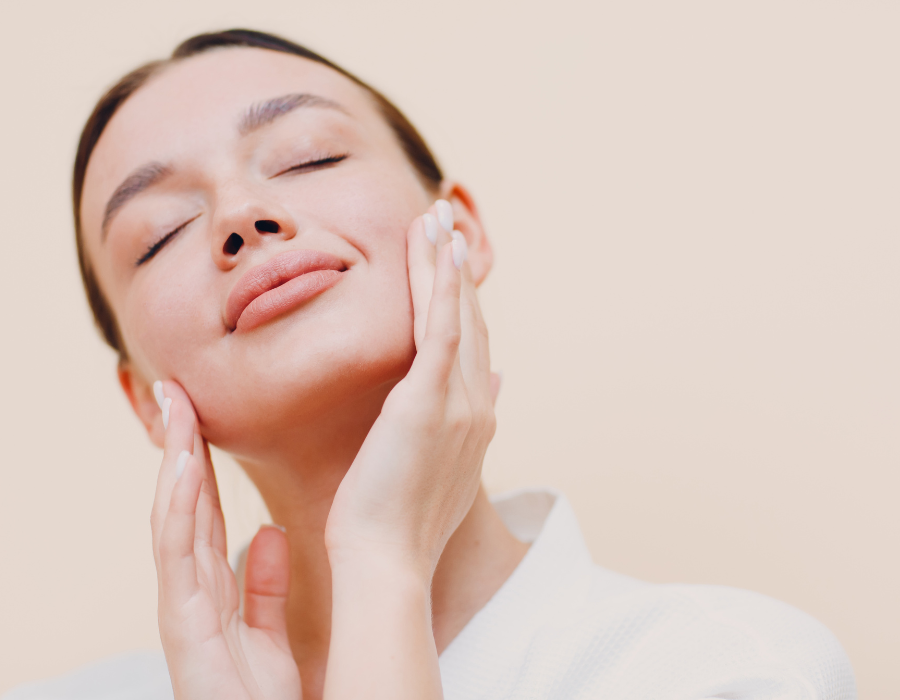
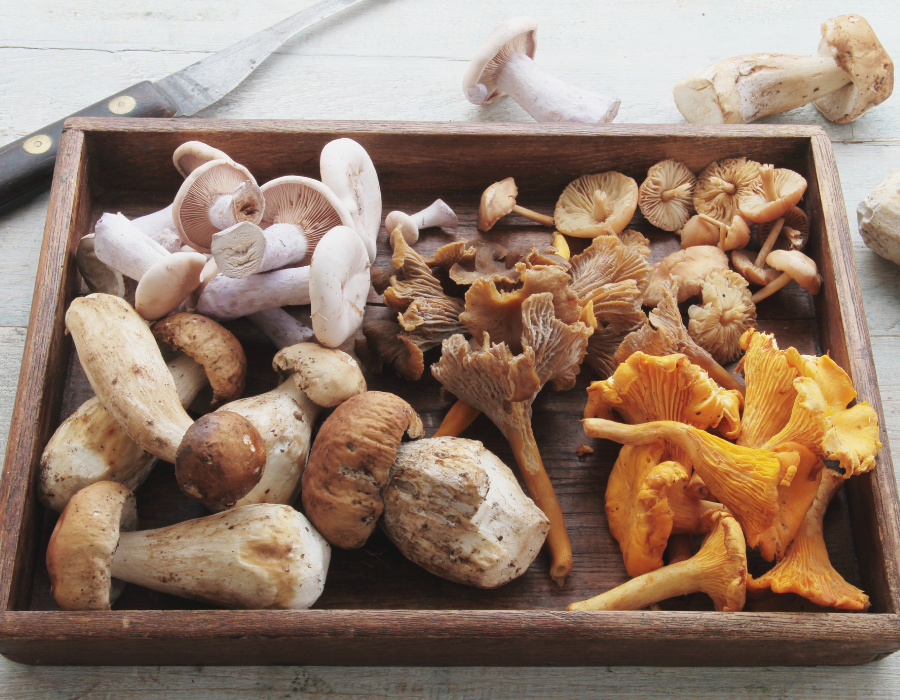
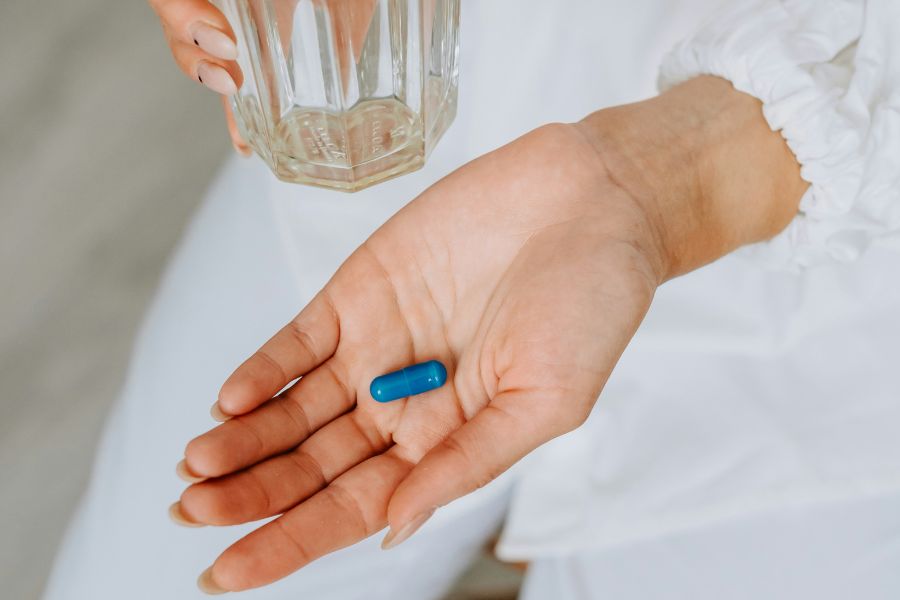

Subscribe so you don’t miss a post
Sign up with your email address to receive news and updates!